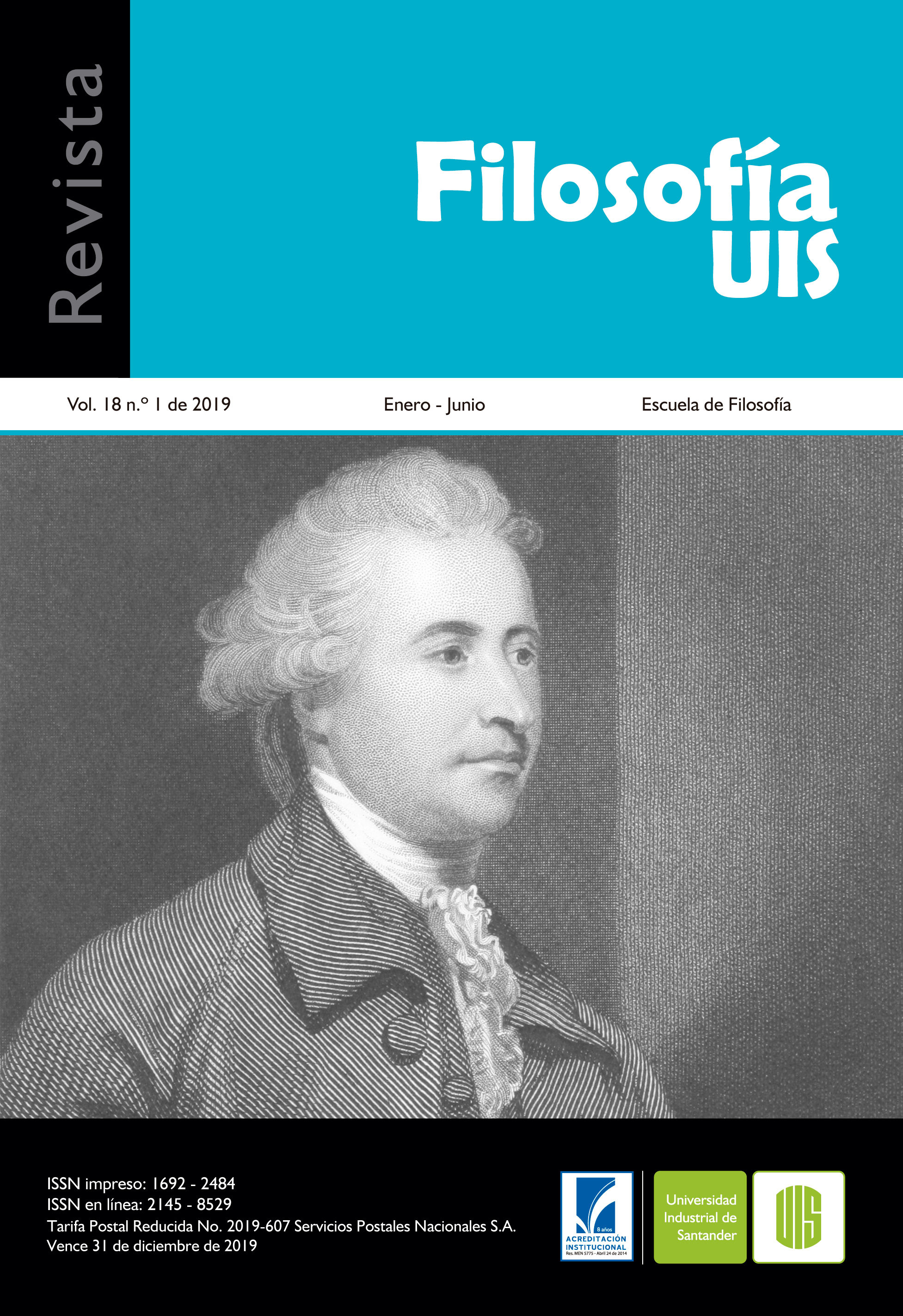The young Lukács and the sciences of the spirit
Published 2019-01-01
Keywords
- Lukács,
- Vattimo,
- Historical and dialectical materialism,
- absolutism
How to Cite
Copyright (c) 2019 Revista Filosofía UIS

This work is licensed under a Creative Commons Attribution 4.0 International License.
Abstract
The relationship between Lukács and Vattimo is determined by the different way in which they confront the postulatesof materialism, both historical and dialectical. The radicality of the Hungarian philosopher is softened by the Italian philosopher. The presuppositions of absolutism that Lukács's aesthetic and ethical judgments have are taken in a far less radical way by Gianni Vattimo. In this article we will guide you through the type of interactions encountered. We will see that the historical moments with which they faced were totally different, so that the results and subsequent ways of application were also different.
Downloads
References
Hegel, G, W, F. (2006). Estética. Madrid: Abada.
Lichtheim, G. (1973). Lukács. Barcelona: Grijalbo.
Lukács, G. (1970). Realistas alemanes del siglo XIX. Barcelona: Grijalbo.
Parkinson, G, H, R, ed. (1973). Georg Lukács. Barcelona: Grijalbo.
Vattimo, G. (1987). El fin de la modernidad. Nihilismo y hermenéutica en la cultura posmoderna. Barcelona: Gedisa.
Vattimo, G. (2008). No ser Dios. Barcelona: Paidós.
Vattimo, G. (2012). Vocación y responsabilidad del filósofo. Barcelona: Herder.
Vattimo, G. (2013). De la realidad. Fines de la filosofía. Barcelona: Herder.
